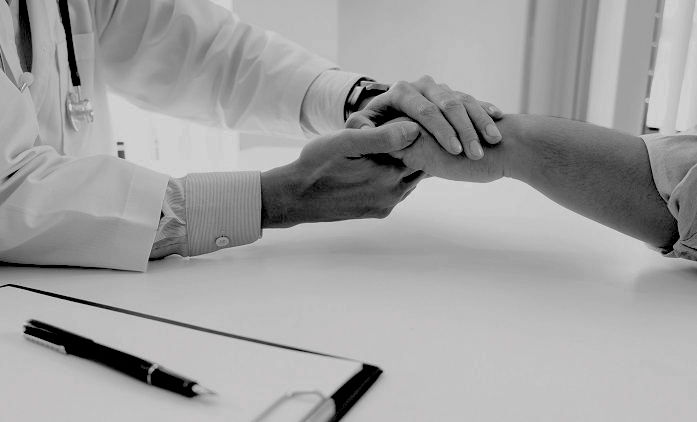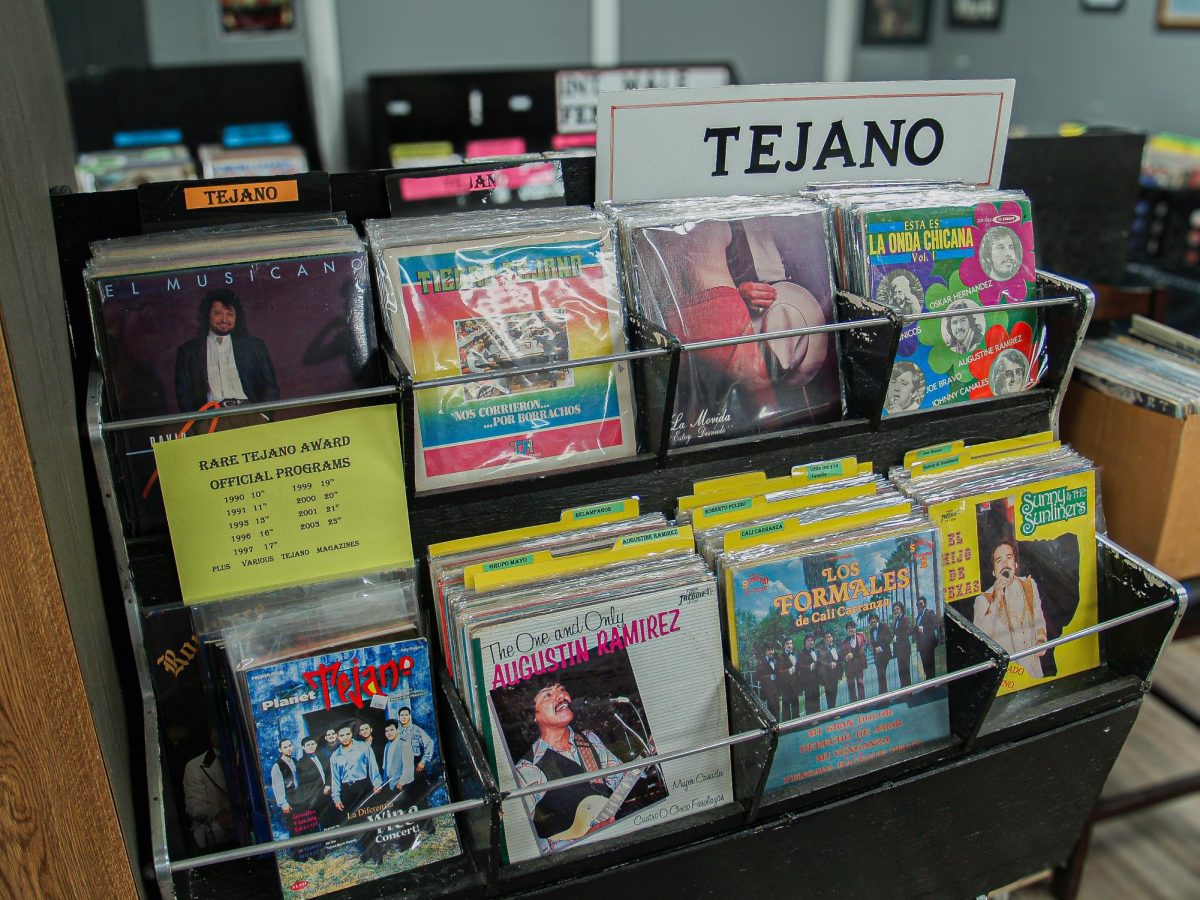Hosted by Texas Public Radio, the Adverse Childhood Experiences (ACEs) seminar was “San Antonio’s approach to becoming more trauma-informed.” Colleen M. Bridger, MPH and PhD, explained that ACEs formed when a weight study showed those who were obese had a history of childhood trauma. With these results, the research team compiled a survey consisting of different questions about people’s childhood:
Was a biological parent ever lost to you through divorce, abandonment or other reasons?
Did you often or very often feel that you didn’t have enough to eat, had to wear dirty clothes or had no one to protect you? Or were your parents too drunk or high to take care of you or take you to the doctor if you needed it?
Was your mother or stepmother often or very often pushed, grabbed, slapped or had something thrown at her? Or sometimes, often or very often kicked, bitten, hit with a fist or hit with something hard? Or ever repeatedly hit over at least a few minutes or threatened with a gun or knife?
Each answer counts toward a quantitative result called an “ACE score,” which helps gather data that will contribute to a better understanding of community needs and facilitate more awareness of ACEs. With the collection of this data, researchers concluded that everyone is bound to have different “trauma-informed” definitions.
Following the informational introduction, a representative from Salud America, an organization focused on improving the health of the Latino community, spoke about their goal of reducing childhood adversities using digital media. Their website proudly offers opportunities to those looking to help provide Latinos with health equity by volunteering for the Salud America campaign.
The representative also spoke about the awareness their campaign brings by providing statistics about the different types of abuse Latinos endure. With their data, they can push for those who are not Latino to understand that a traumatized child sees the world as a dangerous place, and when that child is a person of color, it can be even worse. Salud America is a progressive organization that aims to better the lives of those who have experienced childhood trauma.
Throughout the seminar, Dr. Nadine Burke Harris, a California surgeon general, provided insight via phone call about what we can learn from the scientific aspect of ACEs. She explained that ACEs can lead to major health issues and even death because of the long-lasting effects of trauma. Having an early understanding of trauma can allow people to understand it on a biological level, leading to a break in the intergenerational cycle of ACEs. Dr. Harris spoke about the activism that needs to take place in order for that cycle to be halted; there are many opportunities to be a part of the solution.
To close out the seminar, Dr. Harris and Dr. Bridger gave their insight about how they can implement ACE awareness into their places of work as well as their home lives.
When asked a question about how schools can better encourage victims of trauma to come forward and receive help, Dr. Bridger said, “connecting schools with trauma services and providing safe spaces that children need to thrive will allow for the victims to feel accepted.”
For the last question, an audience member asked about adults and their traumas.
Dr. Nadine summed up the purpose of the seminar by saying, “some adults don’t know that they have endured adverse childhood experiences, and they should know that any age can receive help.”
The educational ACEs seminar created a welcoming, safe space that opened audience members’ minds and presented opportunities to better understand the effects that trauma have.







